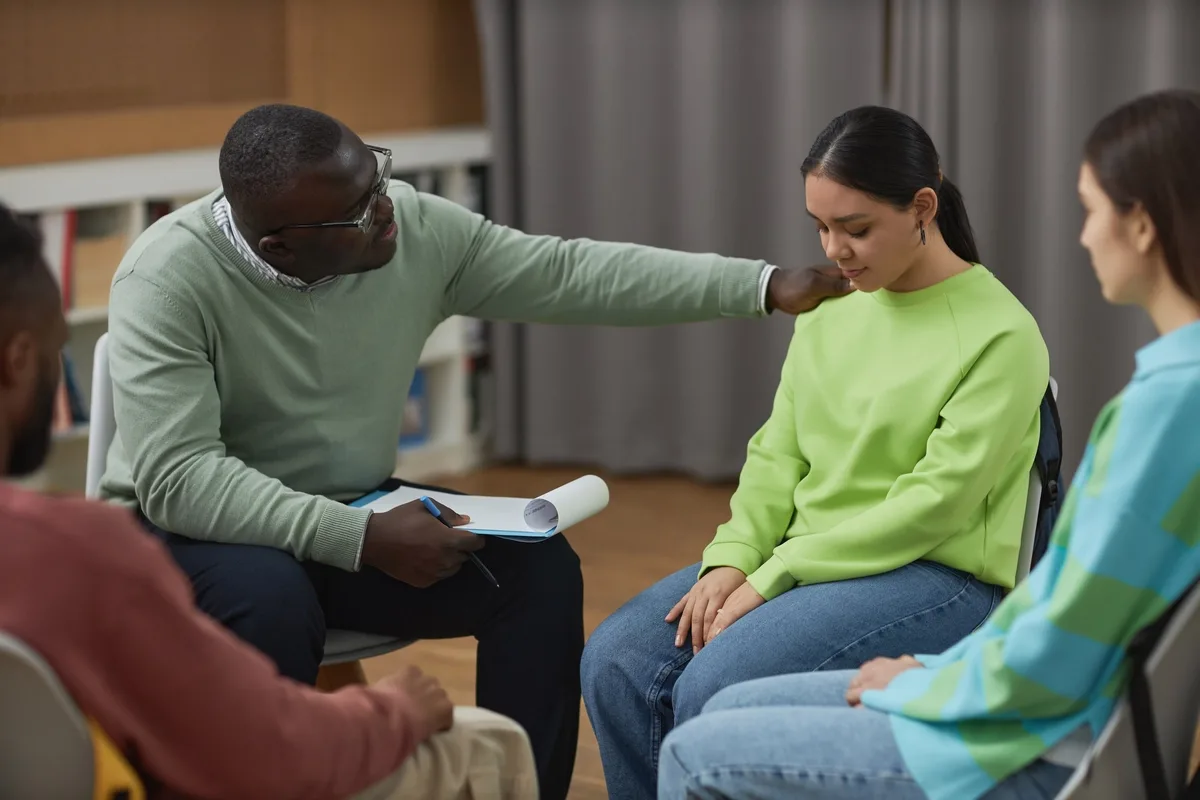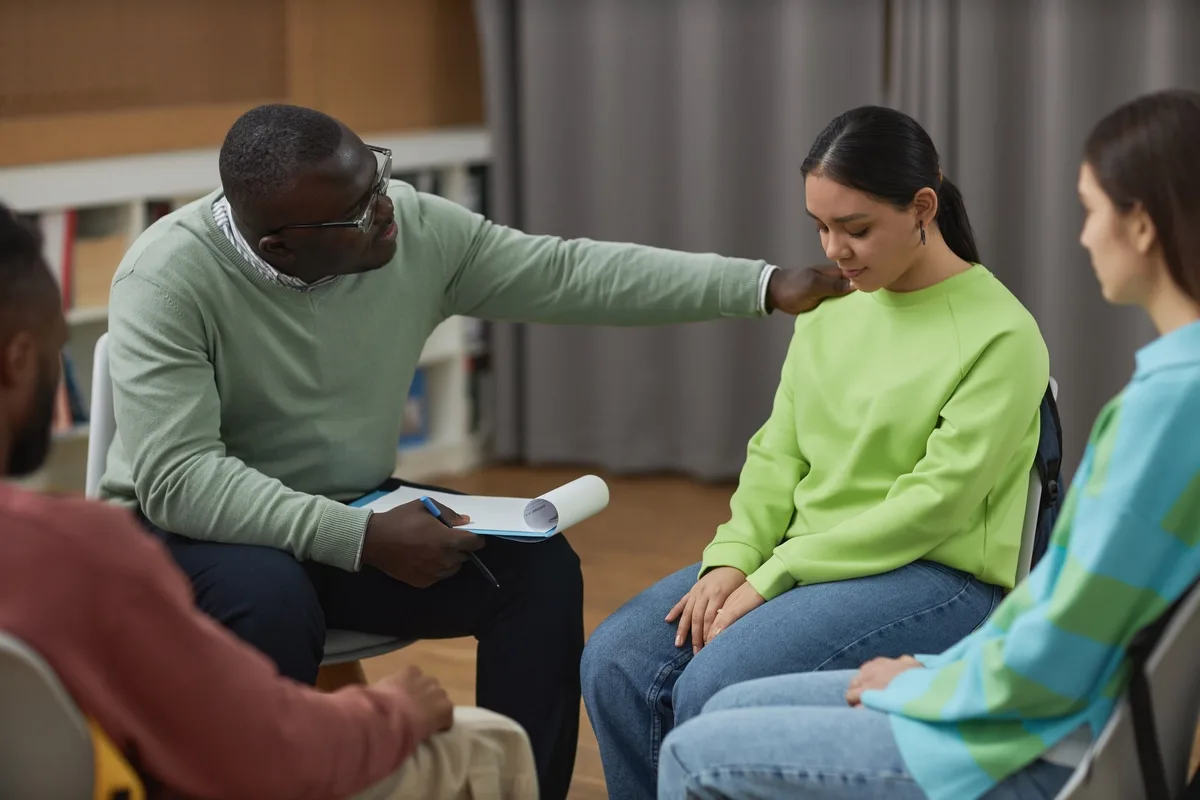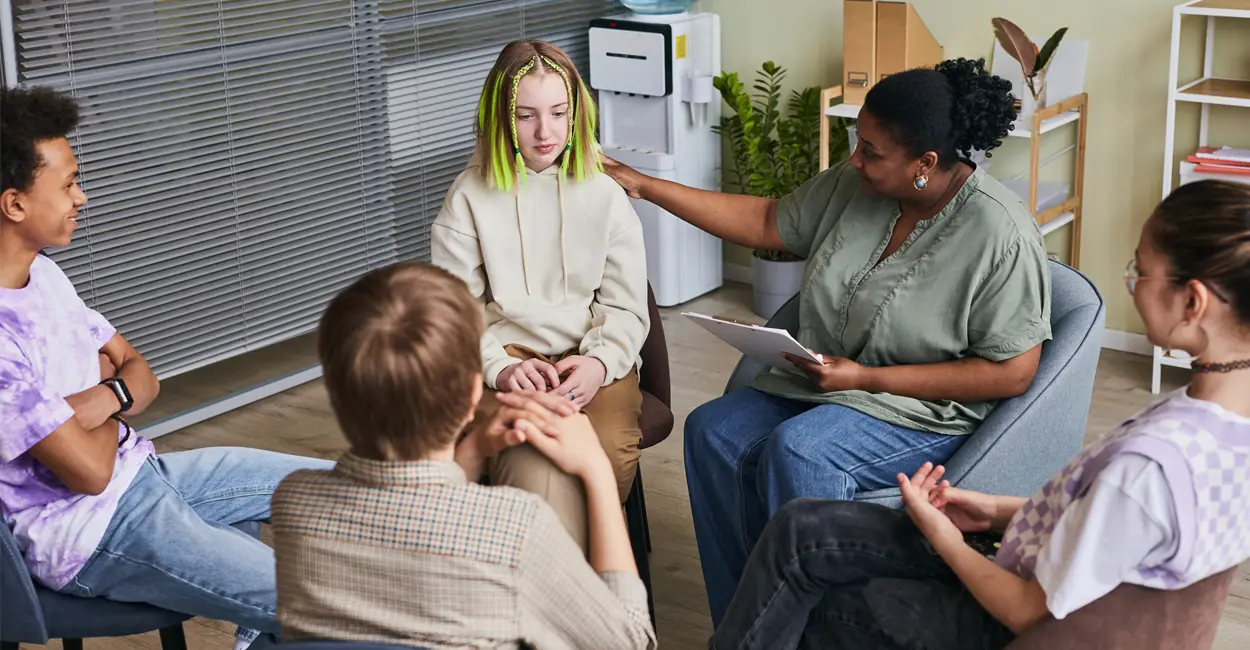plays a pivotal role in the rehabilitation process for individuals battling addiction. These specialized rehab centers focus on providing continued care and support after the initial treatment, ensuring a smoother transition into everyday life. They cater to a variety of addictions, including substance abuse related to alcohol, prescription medications, illicit drugs, and behavioral addictions such as gambling. The approach at these centers is holistic, addressing not only the physical aspects of addiction but also the emotional and psychological needs of individuals, which is crucial for long-term recovery. The importance of rehab centers cannot be overstated; they foster environments where individuals can heal, learn coping strategies, and cultivate resilience against relapse triggers. Established over the years, Aftercare Support rehab centers in Glasgow have made significant impacts on local communities, providing resources and support that empower individuals to reclaim their lives. By focusing on evidence-based practices, therapy options, and community integration, these centers have become vital in helping patients navigate their recovery journeys. For those seeking guidance, encouragement, and ongoing support, exploring the Aftercare Support rehab centers in Glasgow is essential.
Learn more about Aftercare Support centers in Glasgow





























































